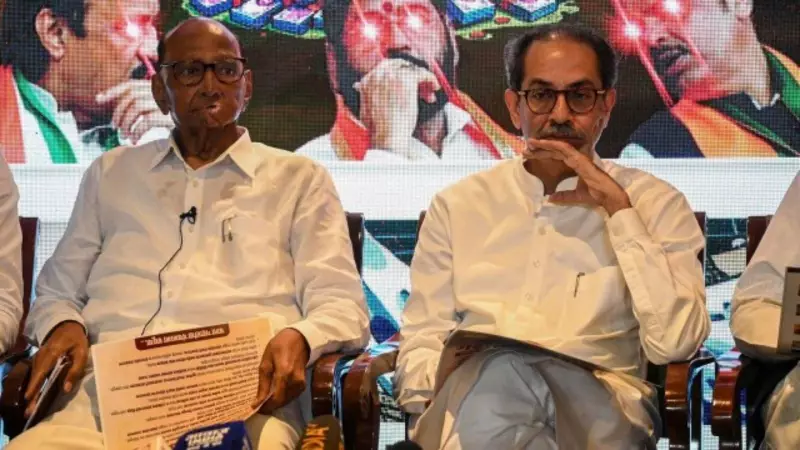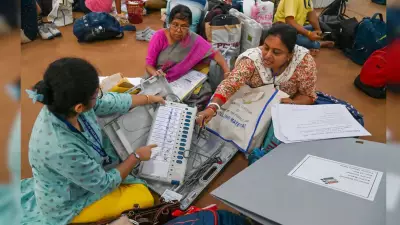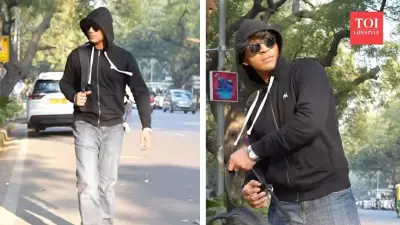
Opposition Alliance Adopts Decentralized Strategy for Civic Polls
The Maha Vikas Aghadi (MVA), Maharashtra's principal opposition coalition, has made a significant strategic decision regarding the upcoming first phase of local body elections. In a crucial meeting held in Mumbai on Tuesday, the alliance resolved to delegate alliance formation decisions to local party units rather than imposing a centralized formula.
The high-level meeting brought together leaders from Shiv Sena (UBT), Nationalist Congress Party (SP), and Congress, along with representatives from allied parties. Despite expectations of a formal alliance announcement, the coalition leadership opted for a more flexible approach that acknowledges local political realities and worker aspirations.
Grassroots Autonomy Takes Precedence
A senior Congress leader explained the rationale behind this decision, stating that local body elections are being conducted after a considerable gap, creating unprecedented enthusiasm among party workers across all constituents. "A huge number of workers from all parties are eager to contest these elections," the leader revealed. "No party can realistically ask their dedicated workers to withdraw at this stage."
The practical implication of this decision means that in constituencies where multiple MVA constituents have strong candidates, they might contest against each other. However, wherever necessary and mutually beneficial, local alliances will be formed based on specific ground conditions and electoral calculations.
MNS Inclusion Remains Unresolved
The meeting notably left unresolved the question of integrating Raj Thackeray's Maharashtra Navnirman Sena (MNS) into the MVA framework. This indecision reflects the internal divisions within the Congress regarding collaboration with MNS.
The Congress party maintains a cautious distance from MNS, particularly in light of the recently concluded Bihar Assembly polls. Within the Congress, opinions are divided between those advocating for pragmatic alliances based on local political dynamics and others opposing any association with MNS due to its controversial stance on migrants and historical positions regarding minority communities.
Among the prominent leaders attending the meeting were NCP (SP) working president Supriya Sule, state unit chief Shashikant Shinde, Maharashtra Congress chief Harshvardhan Sapkal, and Sena (UBT) leaders Anil Parab and Anil Desai. The meeting also included representatives from allied parties - Mahadev Jankar of Rashtriya Samaj Party and Sachin Kharat of Republican Party of India.
Coordination Committees and Future Steps
Following the meeting, Maharashtra Congress chief Harshvardhan Sapkal emphasized that the alliance partners had agreed on necessary coordination to contest the elections with a unified force wherever possible. Supriya Sule provided additional insights, noting that discussions focused on district-specific conditions and forward strategies.
"We discussed the steps to be taken to move forward and the formation of a coordination committee," Sule stated. "A clear and complete picture will emerge within the next two to three days regarding the political stand of every party."
Sule also clarified that while local units would enjoy autonomy in alliance decisions, any inclusion of additional parties into the MVA fold would require approval from top leadership of the front. The formation of coordination committees will specifically focus on streamlining operations under the INDIA bloc framework.
The first phase of municipal elections, scheduled for December 2, 2025, will cover 246 municipal councils and 42 municipal panchayats across Maharashtra. Vote counting for these local body elections is set for December 3, 2025, marking a significant electoral exercise that could shape Maharashtra's political landscape ahead of larger state-level contests.





